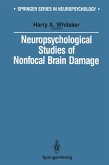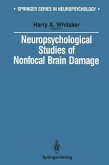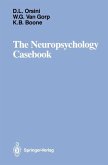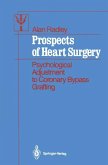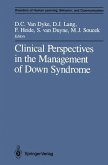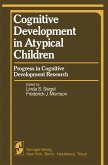Language depends on a normally functioning left hemisphere. This central fact of human cerebral dominance was well established by 19th century aphasiologists and has been repeatedly confirmed by subsequent investiga tions. Predominance, however, does not imply exclusivity. As demonstrated by the commissurotomy patients studied by Eran Zaidel and associates, the right hemisphere is also capable of subserving some linguistic functions. The question, then, is not whether the right hemisphere can process language, but how and when it does so. This volume focuses on the right hemisphere's contribution to one important aspect oflanguage, lexical semantics. Although the right hemisphere may well be involved in other linguistic functions, such as prosody, the greatest evidence for right hemisphere language competence has been obtained for the processing of word meanings. In addition, cognitive psychology and psycho linguistics have provided us with well-developed models of the lexicon and lexical access to guide our inquiry. Finally, there are techniques available for studying lateralized lexical processing in the normal as well as in the brain injured hemispheres. For these reasons, a focus on the lexicon is likely to yield the greatest number of insights about right-hemisphere language processing.


